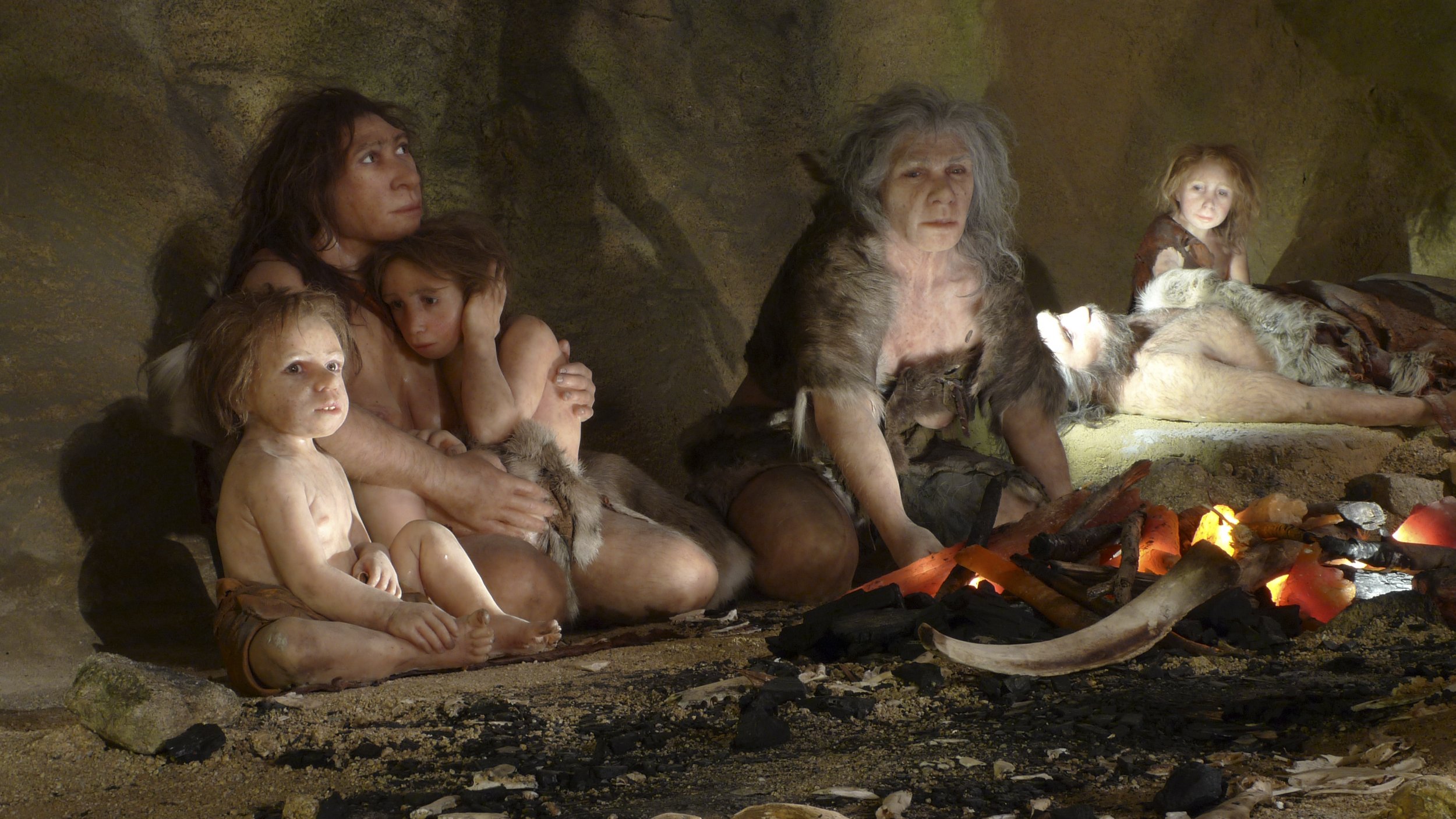
About 50,000 years ago, anatomically modern humans migrated out of Africa and interbred with Neanderthals, our hirsute, cave-dwelling distant relatives. As a result, some humans walking around today share similar genetic traits. But it's only been recently, with advancements in genomics, that scientists have learned just how influential Neanderthals probably were in the evolution of the modern human.
"Over the past 10 years or so, there's been a revolution in our ability to read DNA from ancient fossils, and this has revealed some amazing things about recent evolution and human evolutionary history," Tony Capra, assistant professor of biological sciences at Vanderbilt University, said in a statement on Thursday.
A new study published this week suggests that several genes that impact our risks for many common diseases may have been derived partially from Neanderthal DNA. The researchers, who published their study in Science, found gene snippets related to diseases involving the skin, blood, immune system, depression and addiction that match parts of the human genome.
For the study, researchers looked at a recent genome-wide map of Neanderthal gene groups, as well as data from health records of 28,000 adults of European ancestry. The researchers first identified 135,000 genetic variations, also known as SNPs, in Neanderthals and compared that information with the data on humans.
They found that genetic variations in the Neanderthal genome correlated with genetic risk traits for a myriad of medical conditions that affect us Homo sapiens. These include depression and certain disorders involving the blood, such as hypercoagulation, which increases the risk for heart attack and stroke.
Some variants influence the risk for a skin disease called actinic keratosis, an age-related condition that is exacerbated by too much sun exposure. "It's very possible that whatever those variants were doing back then had been protective," said Capra. "But now, in current levels of sun exposure, in current environments, it's not good for us."
The findings related to depression are especially intriguing, because other research has identified the same genetic variants in humans as being influential in risk for certain neurological and psychiatric illnesses.
"If we looked at Neanderthal variants overall in an individual, we could better predict their risk for depression," he said. Capra said this doesn't mean our predecessors are making us depressed. "It's that some bits of Neanderthal DNA increase your risk and other bits of Neanderthal DNA—your genome—decreases your risk."
Uncommon Knowledge
Newsweek is committed to challenging conventional wisdom and finding connections in the search for common ground.
Newsweek is committed to challenging conventional wisdom and finding connections in the search for common ground.
About the writer
Jessica Firger is a staff writer at Newsweek, where she covers all things health. She previously worked as a health editor ... Read more
To read how Newsweek uses AI as a newsroom tool, Click here.








